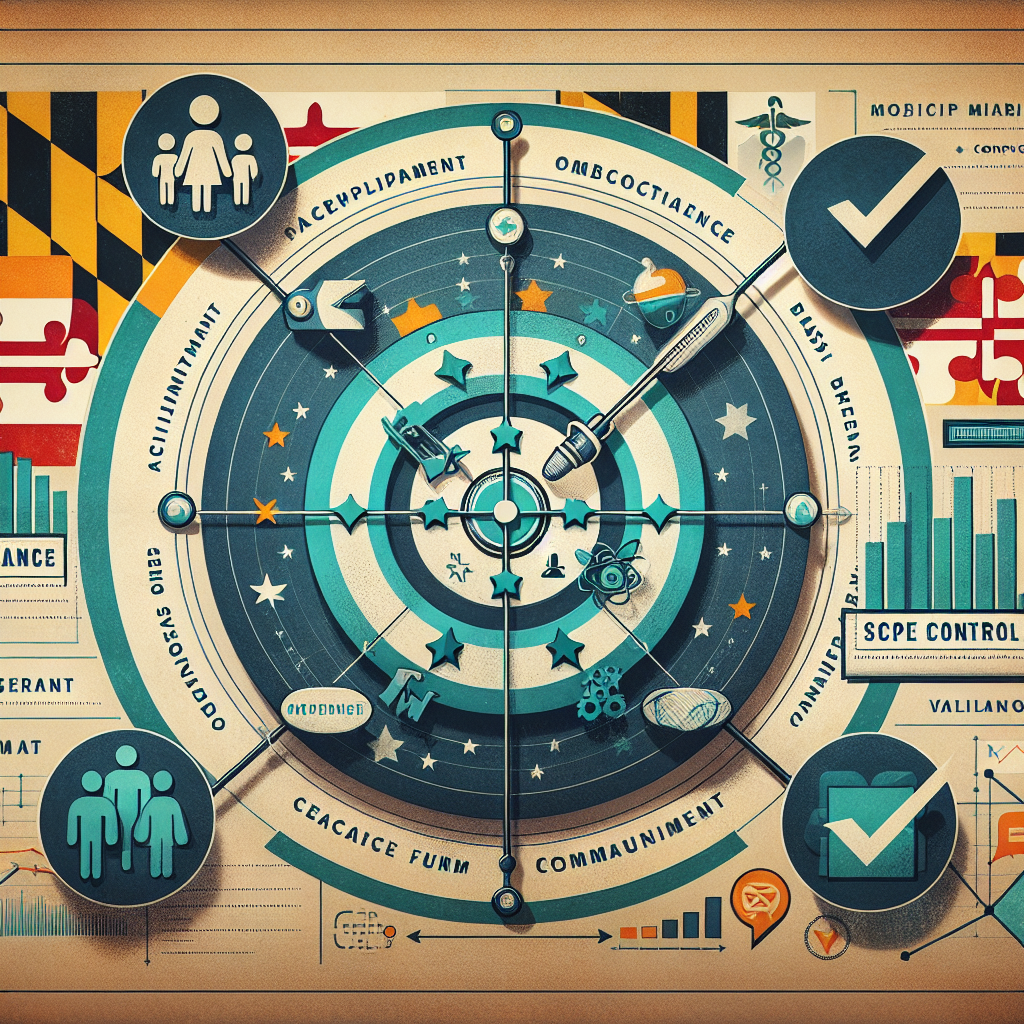Understanding Project Oversight Contracts in Maryland Government Projects
Project oversight contracts in Maryland represent a crucial aspect of public sector management, involving the engagement of third-party professionals to ensure that government projects are executed effectively. These contracts go beyond mere project management; they serve to ensure compliance with regulations, manage risks, and maintain clear control over project scope. By adopting best practices in project oversight, agencies can improve outcomes and foster greater transparency and accountability, ultimately reinforcing public trust.
The Importance of Project Oversight Contracts
Project oversight contracts play a vital role within the Maryland government contracting landscape. They are designed to ensure that projects funded by taxpayer money are implemented efficiently and responsibly.
Enhancing Compliance and Accountability
One of the primary objectives of project oversight is to ensure adherence to federal and state regulations. Given the complexity of government projects, oversight professionals bring essential expertise that aids in navigating statutory requirements, thereby reducing the risk of non-compliance. This proactive approach helps prevent delays and penalties that can arise from regulatory breaches.
Risk Management Strategies
In any project, risks are inevitable. However, effective project oversight can significantly mitigate these risks through comprehensive identification, assessment, and management strategies. By employing risk management frameworks such as the Risk Management Process outlined in PMBOK (Project Management Body of Knowledge), oversight professionals can anticipate potential setbacks and develop contingency plans, minimizing impact on the project timeline and budget.
Scope Control and Change Management
The scope of government projects can often evolve, leading to challenges in time and budget management. Project oversight contracts provide mechanisms to effectively manage and control project scope through formal change management processes. This includes documenting change requests and assessing their impact on project deliverables. This thorough oversight helps prevent scope creep and maintains project focus on original goals.
Best Practices for Project Oversight in Maryland
Adopting specific best practices can enhance the effectiveness of project oversight contracts, making them more beneficial for government agencies as well as project stakeholders.
Establish Clear Objectives and Metrics
A project oversight contract should start with clearly defined objectives and measurable success criteria. By establishing Key Performance Indicators (KPIs) at the outset, stakeholders can easily gauge project progress and identify areas needing improvement.
Regular Reporting and Communication
Transparent communication is fundamental in project oversight. Regular reporting mechanisms should be set in place to ensure that all stakeholders are informed about project developments, risks, and challenges. This boosts accountability and keeps everyone aligned with project goals.
Conducting Comprehensive Evaluations
Mid-project evaluations can uncover insights and opportunities for improvement that might not be apparent in regular progress reports. Engaging in comprehensive evaluations periodically allows project managers and oversight professionals to recalibrate strategies and allocate resources where they are most needed.
Ensuring Transparency and Public Trust
Transparency is a cornerstone of public-sector projects, particularly when taxpayer funds are at stake. Engaging third-party oversight professionals provides an additional layer of scrutiny, assuring stakeholders that funds are being utilized effectively.
Community Engagement and Feedback
Involving the public in the oversight process can improve trust and accountability. Encouraging community stakeholders to provide feedback on project performance fosters a sense of ownership and transparency. This engagement can take the form of community meetings, surveys, or online platforms where citizens can voice their concerns and suggestions.
Leveraging Data and Technology
Utilizing data analytics and project management software can greatly enhance the oversight process. Tools that provide real-time tracking and reporting capabilities allow oversight professionals to monitor project metrics with precision, ensuring that any deviations from the plan can be promptly addressed.
Conclusion: The Path to Improved Project Outcomes
Project oversight contracts are crucial for successful government projects in Maryland, ensuring that compliance, risk management, and scope control are skillfully handled. By adopting best practices such as clear objectives, regular reporting, and community engagement, government agencies can achieve improvements in project outcomes. Ultimately, effective project oversight strengthens the relationship between the government and the public, fostering trust and accountability in the utilization of public funds. Continued engagement in best practices will not only enhance project success but also contribute to the overall integrity of government contracting processes.

